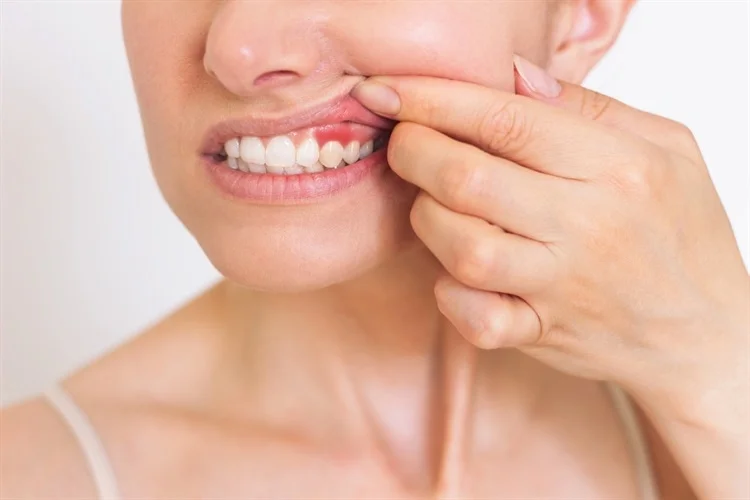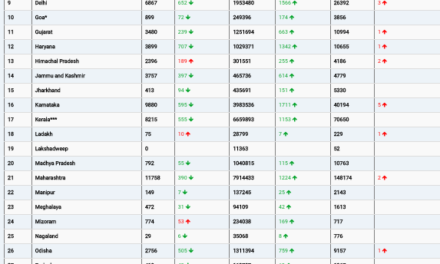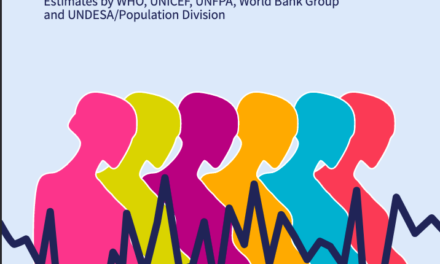Seattle, WA – A new study published in JAMA Otolaryngology-Head & Neck Surgery has revealed a significant association between high consumption of sugar-sweetened beverages (SSBs) and an increased risk of oral cavity cancer (OCC) in women.
Researchers from the University of Washington School of Medicine, led by Luis Gomez-Castillo, conducted a longitudinal cohort study utilizing data from the Nurses’ Health Study and Nurses’ Health Study II, analyzing information from 162,602 women over a 30-year period.
The study identified 124 cases of invasive OCC among the participants. Notably, women who consumed one or more SSBs daily exhibited a 4.87-times higher risk of developing OCC compared to those who consumed less than one SSB monthly. This increase translates to approximately three additional OCC cases per 100,000 women in the high-consumption group.
Furthermore, the increased risk was even more pronounced when the analysis was restricted to non-smokers or light smokers, and non-drinkers or light drinkers, with a 5.46-times increased risk observed. Again, this equates to roughly three more cases per 100,000 women.
“SSB intake was associated with an increased incidence of OCC in women, regardless of smoking or drinking habits and subsite,” the authors stated. “A stronger association was observed in nonsmoking and light-smoking as well as nondrinking and light-drinking participants.”
The researchers suggest that these findings support ongoing public health initiatives aimed at limiting sugar intake to improve overall health and reduce the prevalence of chronic diseases. They emphasize the potential impact of dietary choices on cancer risk, even beyond well-established risk factors such as smoking and alcohol consumption.
The study highlights the potential public health implications of high SSB consumption and underscores the importance of dietary modifications in cancer prevention.
Disclaimer: This article is based on the findings of a single study and should not be interpreted as definitive medical advice. Further research is needed to confirm these findings and to establish a causal relationship between SSB consumption and oral cavity cancer. Individuals with concerns about their cancer risk should consult with a healthcare professional. The information provided is for educational purposes only and should not be used as a substitute for professional medical advice.
More information: Luis Gomez-Castillo et al, High Sugar-Sweetened Beverage Intake and Oral Cavity Cancer in Smoking and Nonsmoking Women, JAMA Otolaryngology–Head & Neck Surgery (2025). DOI: 10.1001/jamaoto.2024.5252












